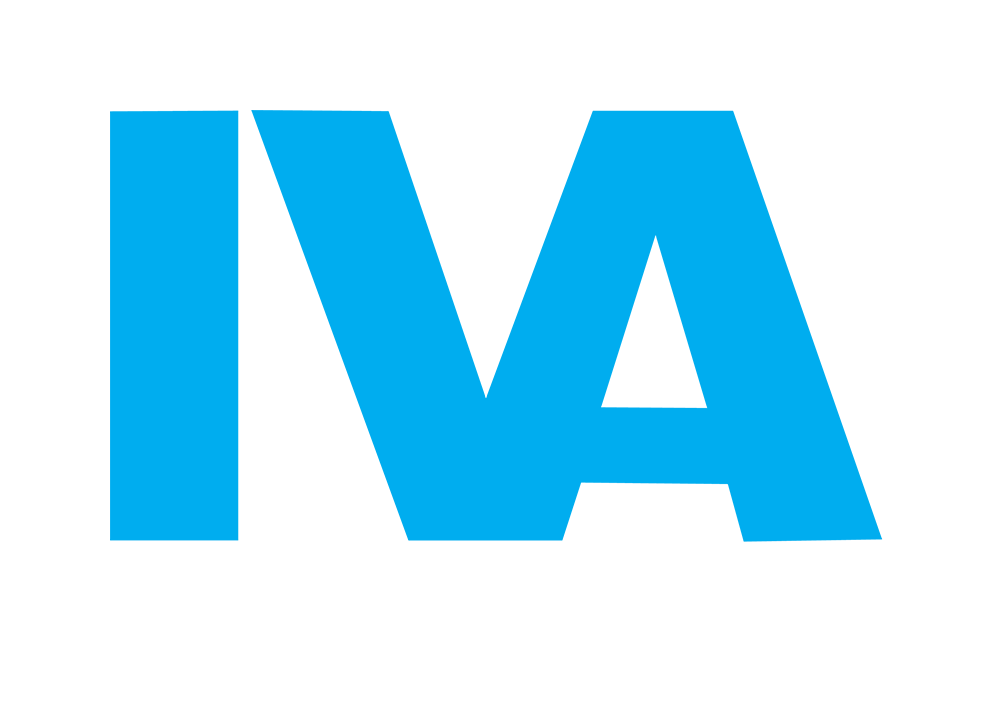The above mentioned laws have brought some adjustments to the existing tax rules. These new rules aim at simplifying and securing economic activities, especially in respect to …
The above mentioned laws have brought some adjustments to the existing tax rules. These new rules aim at simplifying and securing economic activities, especially in respect to the prevention against tax fraud.
VAT: Reverse-charge of import VAT (article 1695 of the French tax code)
The rectifying Finance Law for 2014 introduces a major innovation in the VAT rules on imports. Henceforth, the concerned companies have the possibility to declare and deduct import VAT on the same form, which will be submitted to the French tax administration. Thus, the taxable person will be able to reverse charge French import VAT on its French VAT return.
The major benefit of this new rule is to avoid the cash advance and a deferred refund of the VAT paid to the Customs.
Henceforth, the reverse charge is available to taxable persons who customs clear their goods through a single local clearance procedure (PDU – “procédure de domiciliation unique”). This procedure allows companies clearing goods with at least two customs offices to centralize at one office the payment of taxes due on import and the formalities of customs clearance.
A distinction must be established according to the place of establishment of the companies:
- Companies established in the European Union
These companies will have to hold the PDU authorization under their own name.
- Companies not established in the European Union
These companies will have to appoint a customs representative who will hold a PDU authorization on their behalf and dedicated only to their flows. The customs representative will not be necessarily the VAT representative of the company; also this company may have two representatives (for customs and for VAT). - Companies using an EU single clearance procedure
These companies can also opt for this reverse charge mechanism. This process allows the customs clearance on a single site in France for all the operations realized in various member states.
This new regime is optional and is effective from the first day of the month following the request and up to December 31st of the third following year. The option is tacitly renewed for a three year period. The tax payer can waive his option at the latest two months before the expiry date of each period.
These new rules enter into force on January 1st 2015.
VAT: Amendment of the rules related to self-supplies
The “simplification of corporate life Law” released on December 18th, 2014 made some adjustments to the self-supply regime. Indeed, the question of the compatibility of the self-supply regime with the EU VAT regulation was raised for businesses having a full VAT recovery ratio.
According to the VAT directive, Member States can treat as a supply of goods for consideration the application by a taxable person for the purposes of his business of goods produced, constructed, extracted, processed, purchased or imported in the course of such business, where the VAT on such goods, had they been acquired from another taxable person, would not be wholly deductible.
According to the European Commission, this provision does not allow a Member State to oblige a
taxpayer to proceed to a self-supply in situations where that taxpayer has a full VAT recovery ratio. On this basis, the “simplification of the corporate life Law” suppresses the obligation to declare a self-supply when a taxable person affects goods for the purposes of his business and which, had they been acquired from another taxable person, would have allowed a full VAT deduction.
Furthermore, this Law suppresses the application of a self-supply for immovable property which is
not sold in the two years following its completion. Nevertheless, the self-supply may be still required if the tax payer using the good for the company’s needs is not authorized to fully deduct the VAT.
These new rules apply to self-supplies for which the chargeable event occurs from the entry into
force of the “corporate life simplification law”, i.e. December 22nd 2014.
Emmanuel Cotessat
E. Cotessat Law Firm

